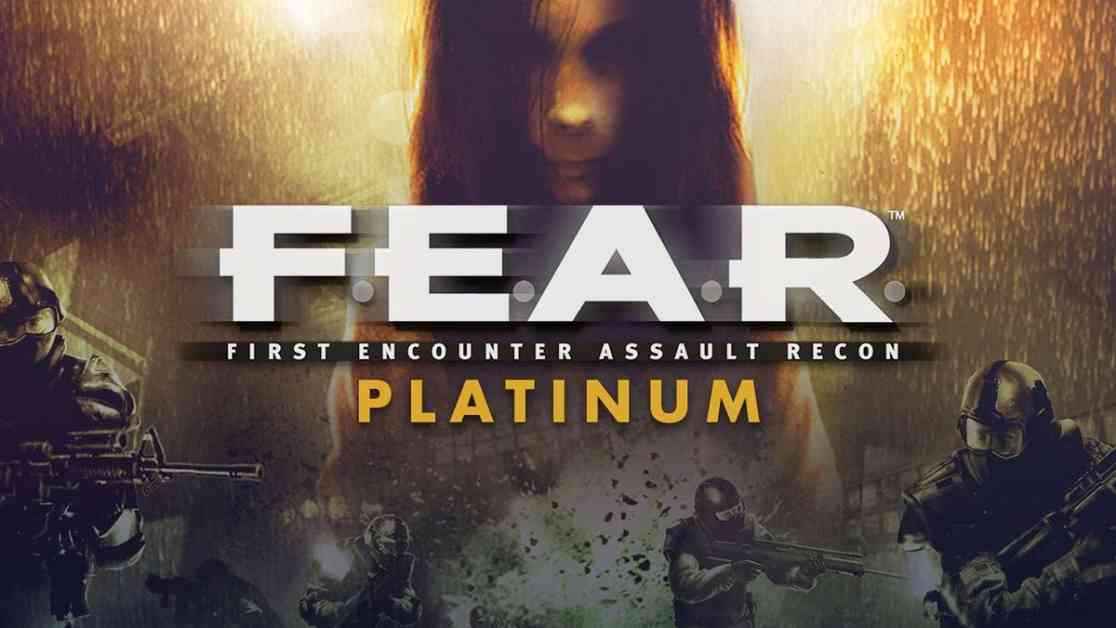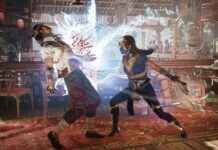Following the recent closure of Monolith Productions by Warner Bros, a beloved video game developer since the ’90s, fans were left in shock and dismay. Monolith, known for iconic titles like No One Lives Forever, Blood, and FEAR, had contributed significantly to the gaming industry. However, hope emerged on the horizon as digital storefront GOG announced its plan to preserve Monolith’s legacy by adding FEAR to its Preservation Program. This move not only ensures the availability of classic PC games on modern platforms but also pays tribute to the creative minds behind these unforgettable experiences.
GOG Steps In to Preserve Gaming History
On February 25, Warner Bros confirmed the closure of Monolith Productions, along with two other studios, Player First Games, and Warner Bros. Games San Diego. Additionally, Monolith’s Wonder Woman game was canceled, leaving fans disheartened. In response to the news, GOG swiftly announced that FEAR, one of Monolith’s most cherished games, would be included in its Preservation Program. This initiative aims to make old PC games accessible on current hardware, ensuring they remain playable for years to come.
The decision to accelerate FEAR’s inclusion in the program was driven by a desire to recognize Monolith’s significant contributions to the gaming world. GOG expressed its admiration for the studio’s ability to blend groundbreaking gameplay with compelling storytelling, creating unforgettable gaming experiences. By adding FEAR to the Preservation Program, GOG seeks to honor Monolith’s legacy and preserve its impact on the industry.
A Look Towards the Future
As fans eagerly await the addition of more Monolith games to GOG’s program, speculation arises about which titles might follow in FEAR’s footsteps. One title that has garnered significant interest is No One Lives Forever, a spy-themed FPS that has been absent from the gaming scene for years due to rights issues. While hopes were high for its inclusion, a recent call to vote for No One Lives Forever on GOG’s Preservation Program Dreamlist suggests that its arrival may still be uncertain.
Despite the challenges faced by the gaming industry, GOG’s efforts to preserve gaming history stand out as a beacon of hope. While corporate decisions and executive actions continue to impact the landscape, initiatives like the Preservation Program serve as a reminder of the importance of honoring and safeguarding the artistry and innovation that have shaped the gaming world.
In conclusion, the addition of FEAR to GOG’s Preservation Program marks a significant step towards celebrating Monolith’s legacy and ensuring that their contributions to gaming history are not forgotten. As fans anticipate the potential arrival of more iconic titles, the preservation of classic games becomes a testament to the enduring impact of creative vision and storytelling in the world of gaming.





















